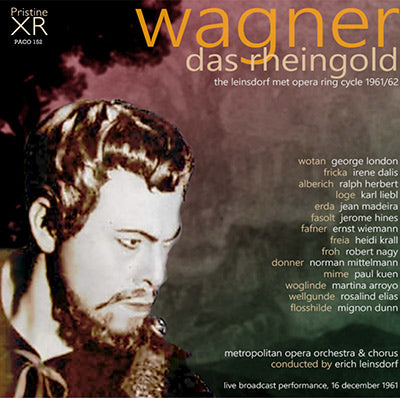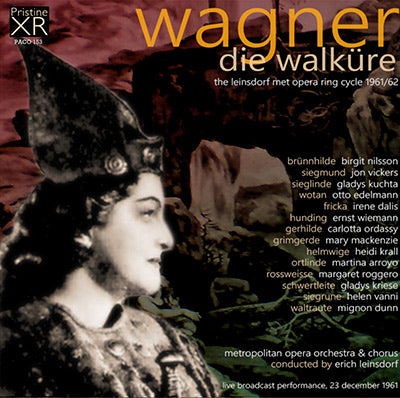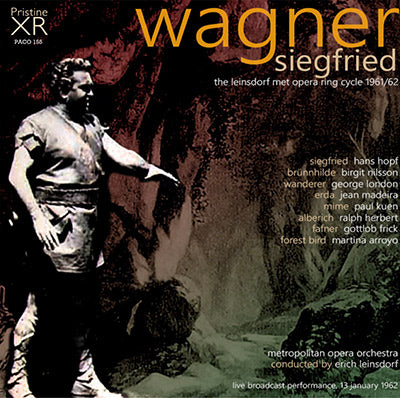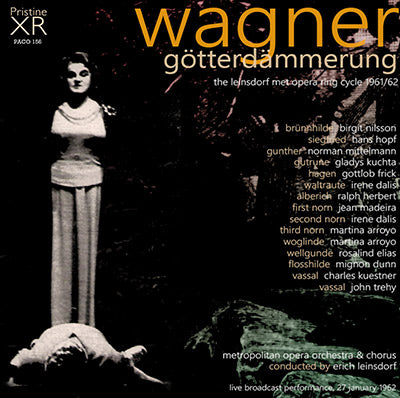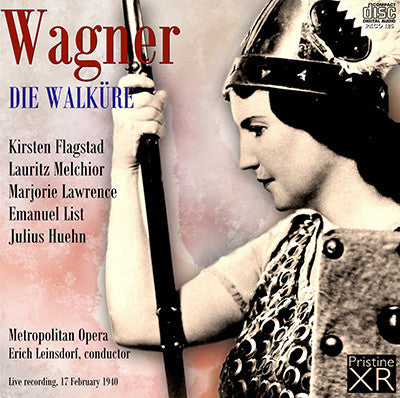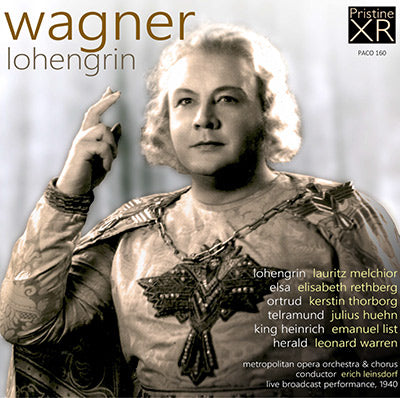Wagner
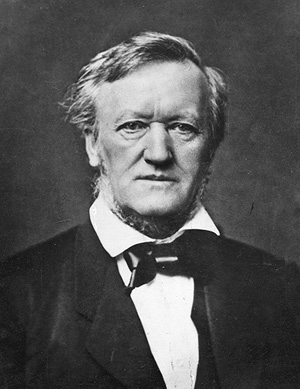
His compositions, particularly those of his later period, are notable for their complex textures, rich harmonies and orchestration, and the elaborate use of leitmotifs—musical phrases associated with individual characters, places, ideas, or plot elements. His advances in musical language, such as extreme chromaticism and quickly shifting tonal centres, greatly influenced the development of classical music. His Tristan und Isolde is sometimes described as marking the start of modern music.
Wagner had his own opera house built, the Bayreuth Festspielhaus, which embodied many novel design features. The Ring and Parsifal were premiered here and his most important stage works continue to be performed at the annual Bayreuth Festival, run by his descendants. His thoughts on the relative contributions of music and drama in opera were to change again, and he reintroduced some traditional forms into his last few stage works, including Die Meistersinger von Nürnberg (The Mastersingers of Nuremberg).
Until his final years, Wagner's life was characterised by political exile, turbulent love affairs, poverty and repeated flight from his creditors. His controversial writings on music, drama and politics have attracted extensive comment, notably, since the late 20th century, where they express antisemitic sentiments. The effect of his ideas can be traced in many of the arts throughout the 20th century; his influence spread beyond composition into conducting, philosophy, literature, the visual arts and theatre.

Wagner
WAGNER Der Ring Des Nibelungen: 1. Das Rheingold
Live broadcast performance, 1961
Total duration: 2hr 27:46 (includes radion announcements)
Wotan - George London
Fricka - Irene Dalis
Alberich - Ralph Herbert
Mime - Paul Kuen
Metropolitan Opera Orchestra & Chorus
conducted by Erich Leinsdorf
WAGNER Der Ring Des Nibelungen: 2. Die Walküre
Live broadcast performance, 1961
Total duration: 3hr 31:04 (includes radio announcements)
Brünnhilde - Birgit Nilsson
Siegmund - Jon Vickers
Sieglinde - Gladys Kuchta
Wotan - Otto Edelmann
Fricka - Irene Dalis
Hunding - Ernst Wiemann
Metropolitan Opera Orchestra & Chorus
conducted by Erich Leinsdorf
WAGNER Der Ring Des Nibelungen: 3. Siegfried
Live broadcast performance, 1962
Total duration: 3hr 49:17 (includes radio announcements)
Siegfried - Hans Hopf
Brünnhilde - Birgit Nilsson
Metropolitan Opera Orchestra & Chorus
conducted by Erich Leinsdorf
WAGNER Der Ring Des Nibelungen: 4. Götterdämmerung
Live broadcast performance, 1962
Total duration: 4hr 05:15 (includes radio announcements)
Siegfried - Hans Hopf
Brünnhilde - Birgit Nilsson
Gunther - Norman Mittelmann
Gutrune - Gladys Kuchta
Hagen - Gottlob Frick
Waltraute - Irene Dalis
Alberich - Ralph Herbert
Metropolitan Opera Orchestra & Chorus
conducted by Erich Leinsdorf
WAGNER Die Walküre
Live broadcast stage performance, February 1940
Total duration: 3hr 28:56
Sieglinde - Marjorie Lawrence
Hunding - Emanuel List
Brünhilde - Kirsten Flagstad
Wotan - Julius Huehn
Conductor Erich Leinsdorf
WAGNER Lohengrin
Live broadcast performance, 1940
Total duration: 3hr 8:22
Lohengrin - Lauritz Melchior
Elsa - Elisabeth Rethberg
Ortrud - Kerstin Thorborg
Telramund - Julius Huehn
King Heinrich - Emanuel List
Herald - Leonard Warren
Metropolitan Opera Orchestra and Chorus
conducted by Erich Leinsdorf

